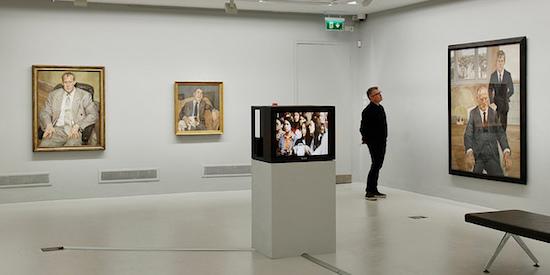 |
| screenshot from my game Rinse And Repeat, with a sexy shower hunk speaking in Russian subtitles |
It's hard to feel validated and respected as an artist or creator on the internet. One common (and unhealthy) barometer of "success" is to measure how many people play your game or look at your work -- did you find an audience and are you reaching that audience? I argue that localizing your project into other languages will help you find your audience. It might not be an audience you necessarily understand or communicate directly to, but for example, a large Russian or Chinese fan base might help offset the hurt of being ignored in English-speaking media, and so on.
If you believe these random stats I found, about ~80% of Steam users live in countries where English is not the main language. This roughly corresponds to the worldwide average, where it is estimated that only about ~20% of the world (native and non-native speakers combined) uses English, and about ~25% of all internet users use English. Note that these are all very generalized numbers with lots of assumptions, but let's assume they're in the right ballpark -- that means English-only games basically ignore 75-80% of the world.





